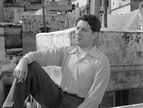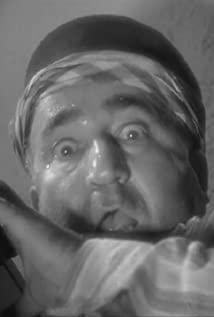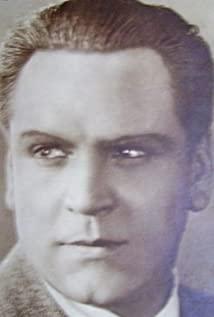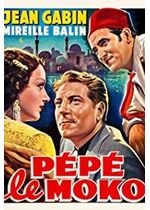-
Milo 2022-11-09 02:21:21
A masterpiece of poetic realism; Spider Castle; at the end, it’s not just a touch of sadness,...
-
Edyth 2022-11-07 18:36:54
What poetic realism is obviously a love story. I may be too incapable of feeling to feel any...
-
Agnes 2022-10-28 15:29:23
The dialogue shots of the male and female protagonists: frequent and neat front and back fights, deliberate close-ups, and the saintly-like light on the heroine's face, now it seems a bit outdated. But the performance of the small town of Kasbah, relying on the city's characteristics of aerial shots and interior shots, including the confused atmosphere of various people, is still very...
-
Precious 2022-10-24 08:04:59
Such a sad story. The lady is so...
-
Lucie 2022-10-17 18:38:11
It's very romantic that the French can't understand. The author of the book wants to make Bei Bei a suave villain hero, but it seems that it is still not in place today. There is no problem with the coherence of the story, it is told more rigorously, and the psychological explanation of Beibei's desire to return to the big city is also comprehensive (from internal to external stimulation), but the rhythm is too slow and lacks ups and downs, which seems to be the case of many French movies....
-
Jairo 2022-10-10 16:12:21
It's not a story that takes place in Algiers, it's a story that takes place in the studio, and it doesn't make sense to set it in Algiers because the movie doesn't seem to play that setting. A fugitive got into an alley, and at first he was happy and alone, until he never left the alley again. The highlight of this film may be the song played by the fat woman, crying while...
-
Krista 2022-10-07 11:12:17
I didn't feel such a strong poetic realism style. The male protagonist's desperate risk of love has a fatalistic tragic color, but Algiers under the lens exudes a fascinating...
-
Patsy 2022-09-13 06:16:44
love is blind. The lines are so...
-
Antonio 2022-09-06 02:43:25
I saw it at the last French Union Film Noir...
-
Oscar 2022-09-05 10:01:09
A tragic ending tale of a hero's end. Although the protagonist is given romantic feelings (there is no need to explain the character background, motives, psychological transformation, etc. to the audience, just blindly pretend to be handsome), but in the case where politics must be correct, the villain will not end well in the...
Pépé le Moko Comments
-
Joey 2022-06-08 16:51:47
Pull film plot
Fugitive Beibei: 3:08-4:41 Police Station 4:41-6:40 Small Town Environment 6:40-8:05 Police Station 8:05-10:05 Small Town Beibei Hideout 10:05-10 :12 The police came to the town 10:12-11:02 The police + the gray industrial people in the town cross-edited 11:02-12:19 Regis got information from...
-
Bernhard 2022-06-08 23:29:05
Run away babe
The film noir exhibition recommended by Peter. I didn't feel much when I saw it, but after a guest explanation (the teacher I met in school), I realized that there are other things that can be interpreted. For example, ordinary noirs are ordinary people who turn into criminals, and most of them...
-
Gaby Gould: Wipe your face. You're handsome. Smile. You're all sweaty. Your skin sticks like taffy.
-
Inspecteur Slimane: A glass of anisette?











